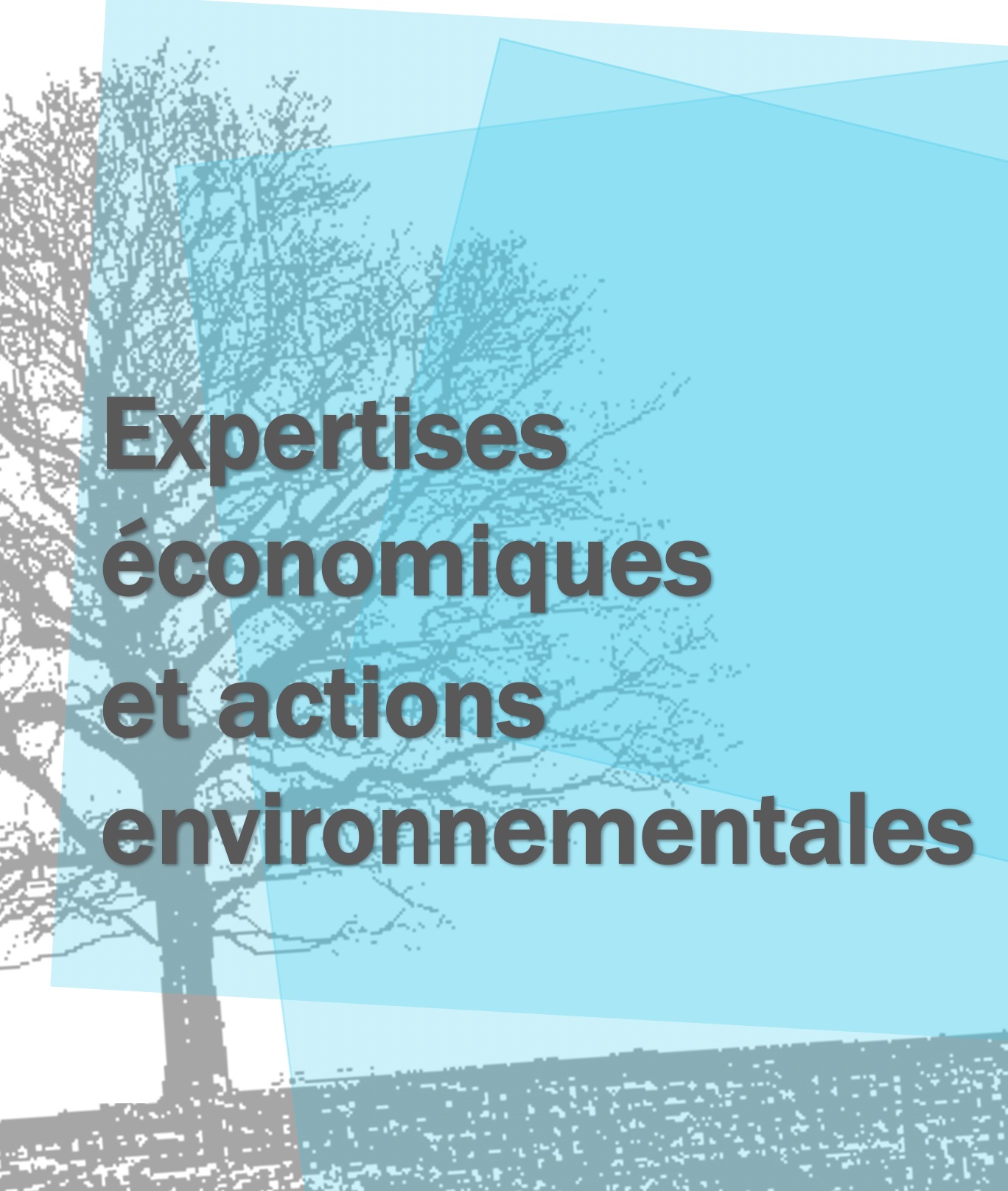The seminar “Economic expertise and environmental actions” will welcome
Sébastien Chailleux and Andreas Folkers
Geoengineering
This session will explore the promises of geoengineering through analyzes of eco-modernist projects promoting innovations designed to reduce greenhouse gas emissions.
Sébastien Chailleux (Centre Émile Durkheim-UMR5116, Sciences Po Bordeaux) – Geological carbon storage: instability of coalitions and discourses in relation to a negative carbon technology
Ecological modernization tends to dominate institutional definitions of low-carbon transitions in industrialized countries, but a lot of studies provide a homogeneous view of ecomodernist projects based on market solutions and technological innovation. This presentation challenges this view of a homogeneity of ecological modernization through a micro-level analysis of the development of an eco-modernist coalition advocating for the development of carbon capture, utilization and storage (CCUS) in France. Focusing on the construction and erosion of a common framework within the coalition, we highlight both the ambivalence of the solution’s framing and the instability of the coalition supporting it. Drawing on interpretive policy analysis and the sociology of innovation, we emphasize that eco-modern innovations are co-constructed between public and private actors. We argue that the ambivalent frameworks developed by the French promoters of CCUS initially legitimized the deployment of the technology but in the long-term led to a misalignment of actors.
Andreas Folkers (Justus-Liebig-Universität Giessen) – Symbiotic (Geo)Engineering
Cows are not only one of the earliest forms of capital, but they are also terraformers. They helped to colonize the Americas by occupying the land formerly inhabited by Bison herds and are still responsible for the transformation of rich forest ecologies into farmland. According to the FAO ‘livestock production accounts for 70 percent of all agricultural land and 30 percent of the land surface of the planet’. In addition to changing the land, cows also change the chemical composition of the atmospheres by burping out methane. In last couple of years, a series of technoscientific and bio-capitalist projects emerged that seek to reduce bovine methane emissions by altering the symbiotic microbial metabolism in the cow’s digestive track. These projects promise that their intervention at the microbial level will have an immediate effect on the planet and thus to constitute a form of microbial or symbiotic geoengineering. However, this imaginary abstracts from the mediators that make such effects possible. The talk will show the various technoscientific, calculative, and economic steps necessary to connect the microbial to the planetary and to turn microbial engineering into geoengineering.

Sébastien Chailleux (Centre Émile Durkheim-UMR5116, Sciences Po Bordeaux) is a lecturer at Sciences Po Bordeaux. His work focuses on the dynamics of politicization of energetic transition. For the past ten years, he has studied how the extractive industries have adapted to the injunctions of the transition. He studied the ban on shale gas in France, the failure of the mining revival and the development of geological carbon storage. His publications include L’Etat sous pression (2021) co-authored by Philippe Zittoun, and Ressources Minérales et Transitions (2022) with Sylvain Le Berre and Yann Gunzburger, as well as many other articles on these topics in Revue Internationale de Politique Comparée, Revue Française de Sociologie, Natures Sciences Sociétés, Critical Policy Studies, Environment & Planning C or Extractive Industries and Society.
Andreas Folkers (Justus-Liebig-Universität Giessen) is a sociologist with research interests spanning political, economic, and environmental sociology, social theory and science and technology studies. He is a post-doc at the Justus-Liebig University Gießen, Institute for Sociology where he heads a research project on climate risks in finance. He is currently (Sep 2022 – June 2023) Fellow at the Princeton Institute for Advanced Study, School of Social Science. His work investigates the bio- and technopolitics of contemporary societies from a perspective that combines the analytical sensibilities of STS with approaches in (critical) social theory. He has worked on topics such as disaster preparedness and critical infrastructure protection, the energy transition, and symbio-socialities. He is currently PI of a DFG-funded research project on stranded assets and climate risks in finance. The project looks at the “pipelines” between fossil and financial capital and analyses attempts to govern financial risks associated with decarbonization. In addition, I’m writing a (second) book tentatively titled “Fossil Modernity. A Natural History of the Present” on the rise, fall, and afterlives of the cataclysmic ligature between modern societies and fossil fuels.
Information and registration

Date: Thursday May 11, 2023, 5 pm – 7 pm
Venue: EHESS, 54 bd Raspail 75006 Paris, room BS1_28.
The session will also be streamed by videoconference. The link will be sent upon registration just before the seminar.
The seminar is open to all. Please register here to participate in this session.
Contact: Nassima Abdelghafour, Béatrice Cointe, Kewan Mertens or Alexandre Violle
Find out more about the programme
Photo sources: Sébastien Chailleux | Centre Émile Durkheim. Andreas Folkers, Institut für Soziologie, Justus-Liebig Universität Giessen. courambel (2008). “Manufactured sunset (a Holliwood production;)” (CC BY-NC 2.0).









